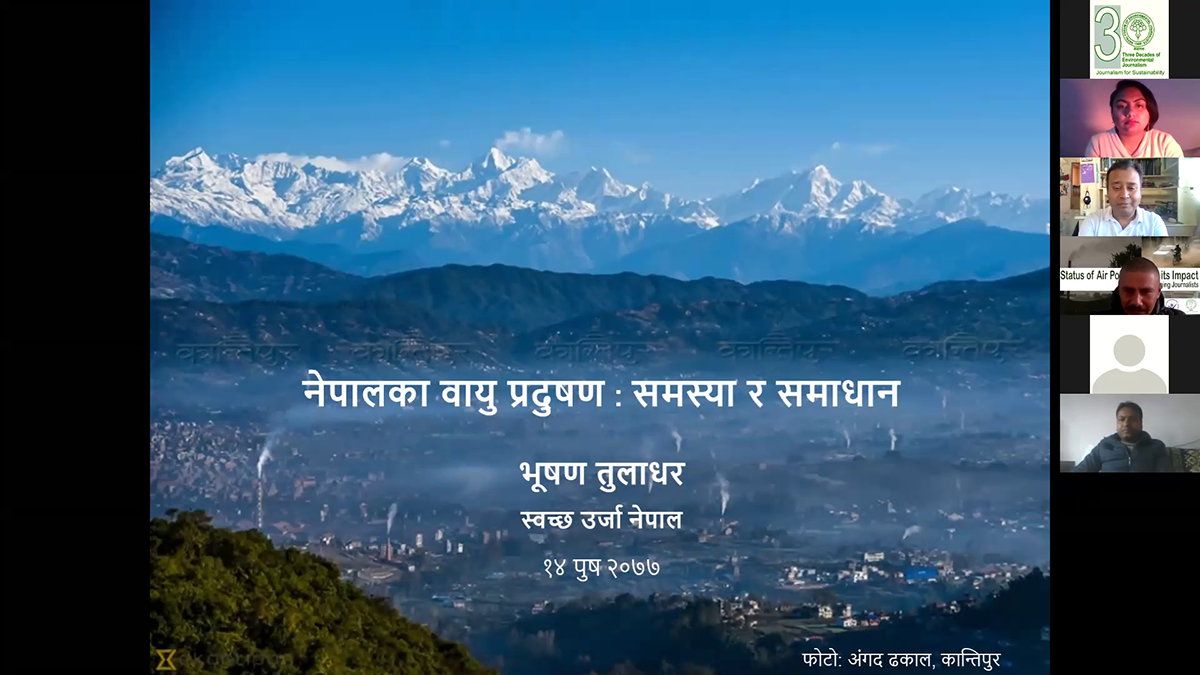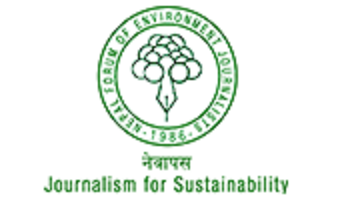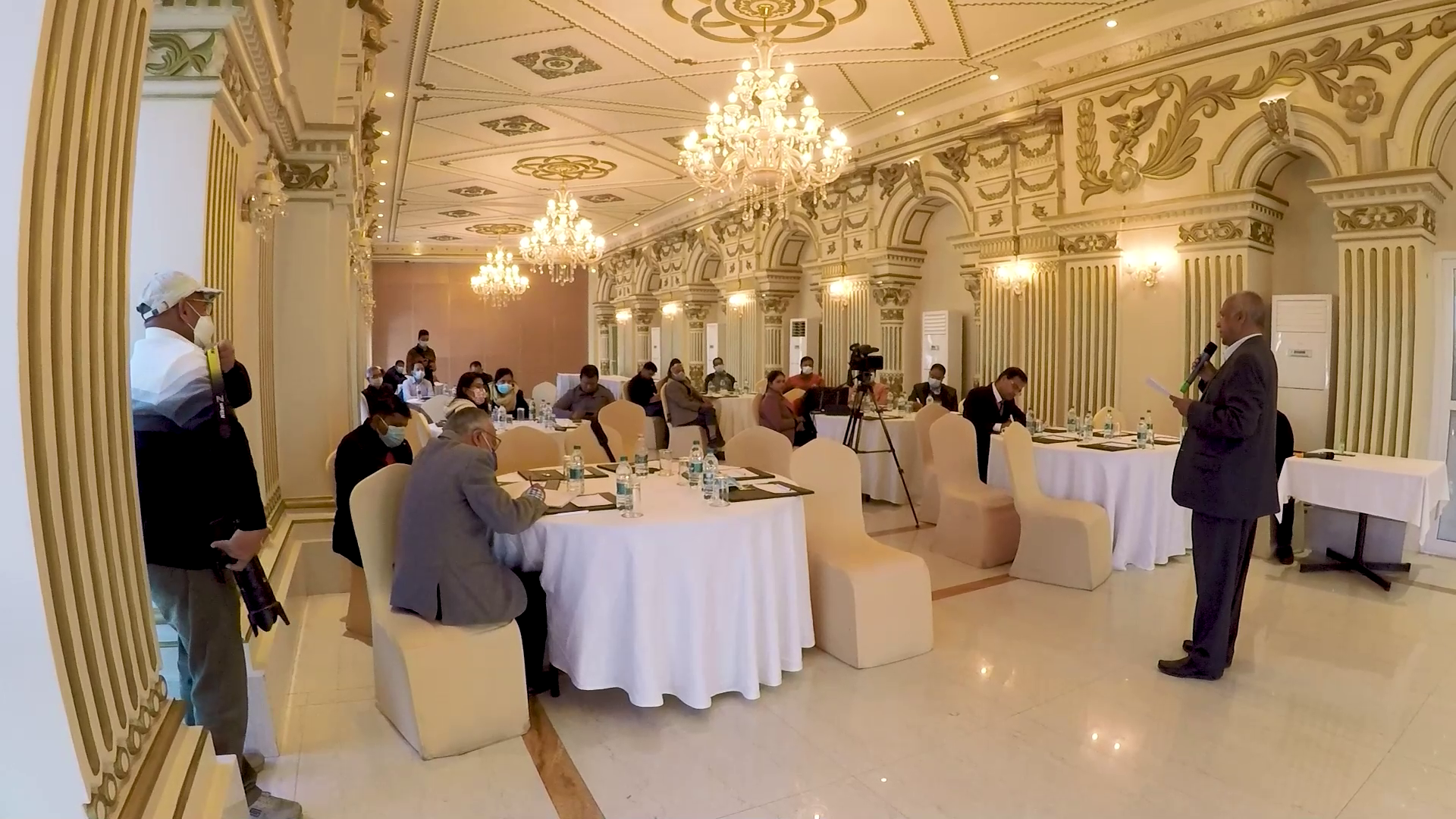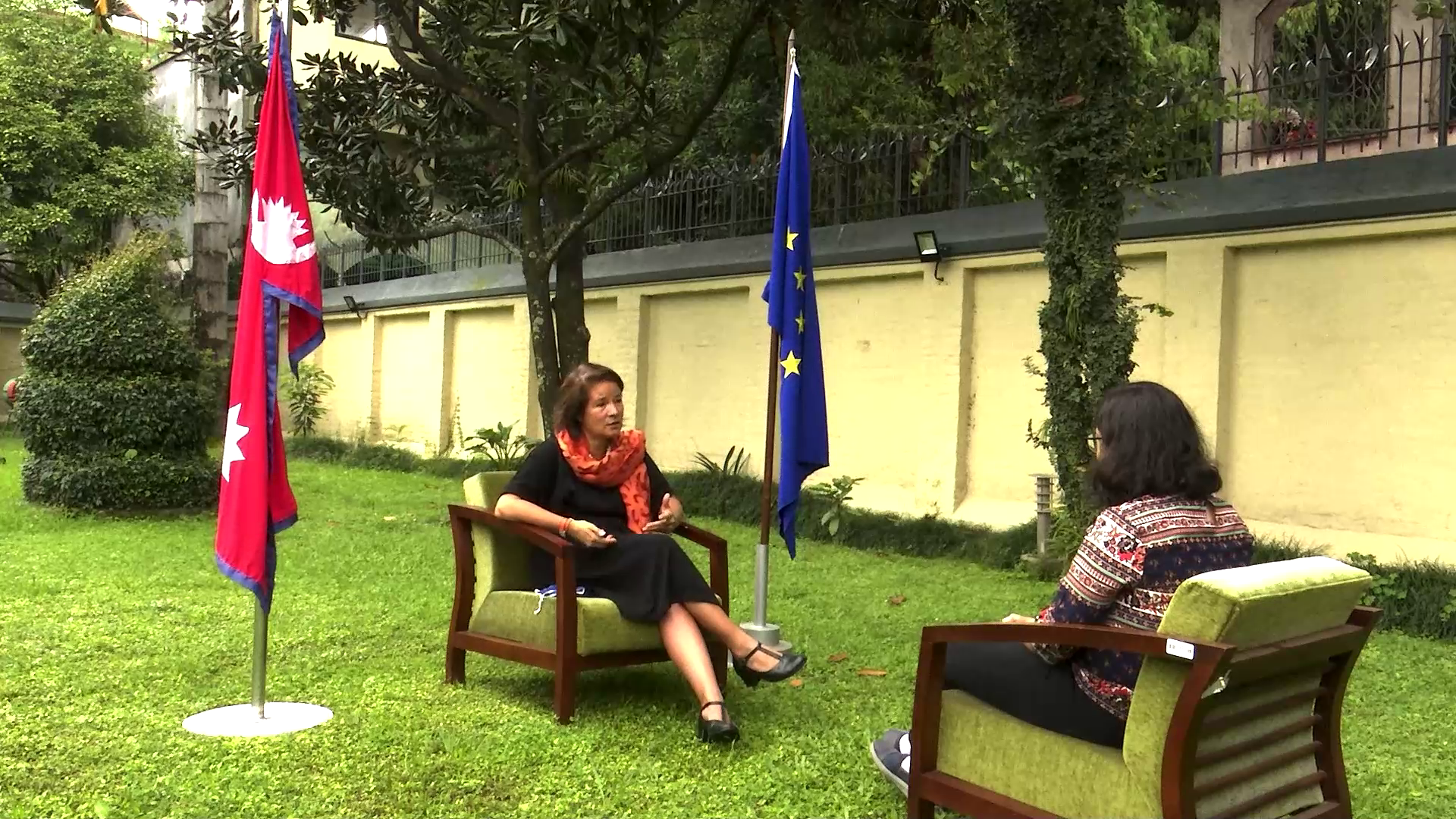- Published Date : January 1, 2021
On 29th December 2020, NEFEJ organized a virtual media training program so as to train journalists so that they can effectively raise the issue on the status of air pollution and its impacts. Realizing that most newsrooms do no prioritize reporting on environmental issues, this training was organized so that these issues concerning human health and economy are not left behind. There was a participation of journalists from different media outlets like ratopati, onlinekhabar, Rajdani Daily, Bikash News, RSS, and Makalu TV in the training program.

During the training, health expert Dr. Bhagawan Koirala gave a presentation highlighting the health impacts of air pollution. He said, “Air Pollution has an overwhelming impact on our lives and the lives of our future generation. It is time that we raise our voice for reducing the pollution.” Especially considering the Nepali context where the problems arises from both the outdoor and indoor air pollution, this is a major challenge which is why media interventions could be the solution.
Presenting on the challenges and solution for air pollution in Nepal, Bhushan Tuladhar- Environment Expert says, “In Nepal’s context, the major problem is the indoor air pollution since 67% of the households in Nepal are still dependent upon traditional energy sources like biomass. And the most vulnerable group towards indoor pollution are women and children.” There is a need for transformation towards clean energy technologies so that the indoor air pollution problem can be solved.
Speaking on the air pollution and its reporting on Nepalese media, Kamal Dev Bhattarai lamented that there is very low reporting on air pollution in our cities, which are a major hub for air pollution. He says, “Major cities are suffering from pollution but newspaper published from these cities lack proper reporting. The local newspapers also don’t report significantly on the issues regarding air pollution.” Elaborating on the constitutional provisions of the country, he stressed that journalists should also point out the economic consequences of pollution along with the health impacts.










